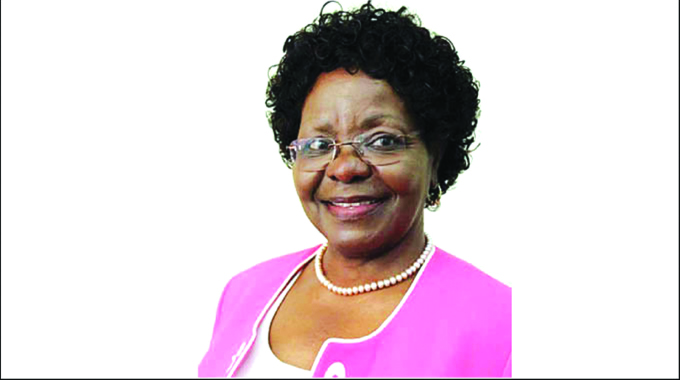Technology, innovation must embrace women’s needs

From Audrey Chihota-Charamba in New York
Technology and innovation must embrace the needs of women across ages in acknowledgement of the challenges brought about by Covid-19.
These are sentiments being echoed at the ongoing CSW67 conference at the UN headquarters in New York, where the theme Innovation and technological change, and education in the digital age for achieving gender equality and the empowerment of all women and girls has shifted conversations to embrace the digital age.
Several sessions continue engaging with issues of technological innovation, and acknowledge that global advancement is inevitable, hence the gender agenda has to blend with the operating environment.
“It has taken Covid-19 for us to realise that we can still function without physical contact. When the pandemic struck, we were not sure how we would proceed as communities, how we could bury our dead and tend our sick.
It was even more complex for the gender sector as the pandemic brought with it various complexities in gender-related violations, but we had to adapt,” chairperson of the Zimbabwe Gender Commission, Ms Margaret Mukahanana-Sangarwe says.
She acknowledges that CSW 67’s engagement with technology in the digital age is timely, as life post-Covid-19 has become largely a blend of physical and online interactions. Given this complexity, there is therefore need to ensure no one is left behind in the conversations, particularly in advocating peaceful environs for women’s development.
But age in itself has to be recognised as a key component for enabling women engagement with technology. Several women above the age of 50 can attest to having grown up without computers and only adapted to their introduction in the 90’s.
As such, the notion of electronic banking, electronic mail and digital communication are a fairly new phenomenon, which even older persons have to grapple with. Latching onto new technologies tends to be even slower for older women, whose priorities in life revolve around care and ensuring wheels are in motion for those around them.
“Empowering women and girls post Covid-19 has to be hinged on technology. There has been a significant increase in the cost of living, women in rural areas and women with disabilities tend to be further marginalised in terms of access to most digital services as their needs are often overlooked,” Michelle Bachelet, founding Executive Director of UN Women and former president of Chile said this in her remarks at the UN Women session dubbed “#techforequality”.
Concurrence on the challenges has been noted overally, with the recognition that Covid-19 brought along several job cuts as most companies lost relevance, an erosion in real incomes due to global recession and economic hardship.
Bachelet says for women and girls, therefore, to effectively continue participate, it is therefore important to ensure effective skills training in the use of ICTs so as to bridge the 21 percent pay gap between women and men globally. She acknowledges that however, for such transformation to take place, there is need for support from strategic alliances between governments and the private sector, acknowledging the contributions of other non-state actors in the development agenda.
Minister of Women Affairs, Small to Medium Scale Enterprises, Dr Sithembiso Nyoni agrees.
“Digital innovation and technology should be used to leverage on economic empowerment. There has to be improved and affordable access to technology through the use of cash transfers and digital financial inclusion strategies to improve existing inequalities between men and women,” she says.
She asserts that the Ministry is collaborating with COMESA and has established an online financial and market platform known as the 50 Million Africa Women Speak platform that is assisting women business owners with financial and market information.
This has led to improved financial inclusion for women and marketing of products at regional and international level this improving the livelihoods and economic status of women who are actively involved on the platform.
Participants at the conference acknowledge that post Covid-19, women with small businesses have learned to use e-marketing for survival. Now this has become a pivotal means of keeping their businesses alive.
Many forums now exist that go beyond marketing but also addressing challenges they face. There is, however, need for more engagement with various forms of technology including constantly emerging apps which always raise the bar. It is therefore imperative for skills-builiding to be a continuous process.
“It is important for us to be active even in shaping our tools, so that in turn, our tools shape us in the digital age,” says one woman at the conference.










Comments